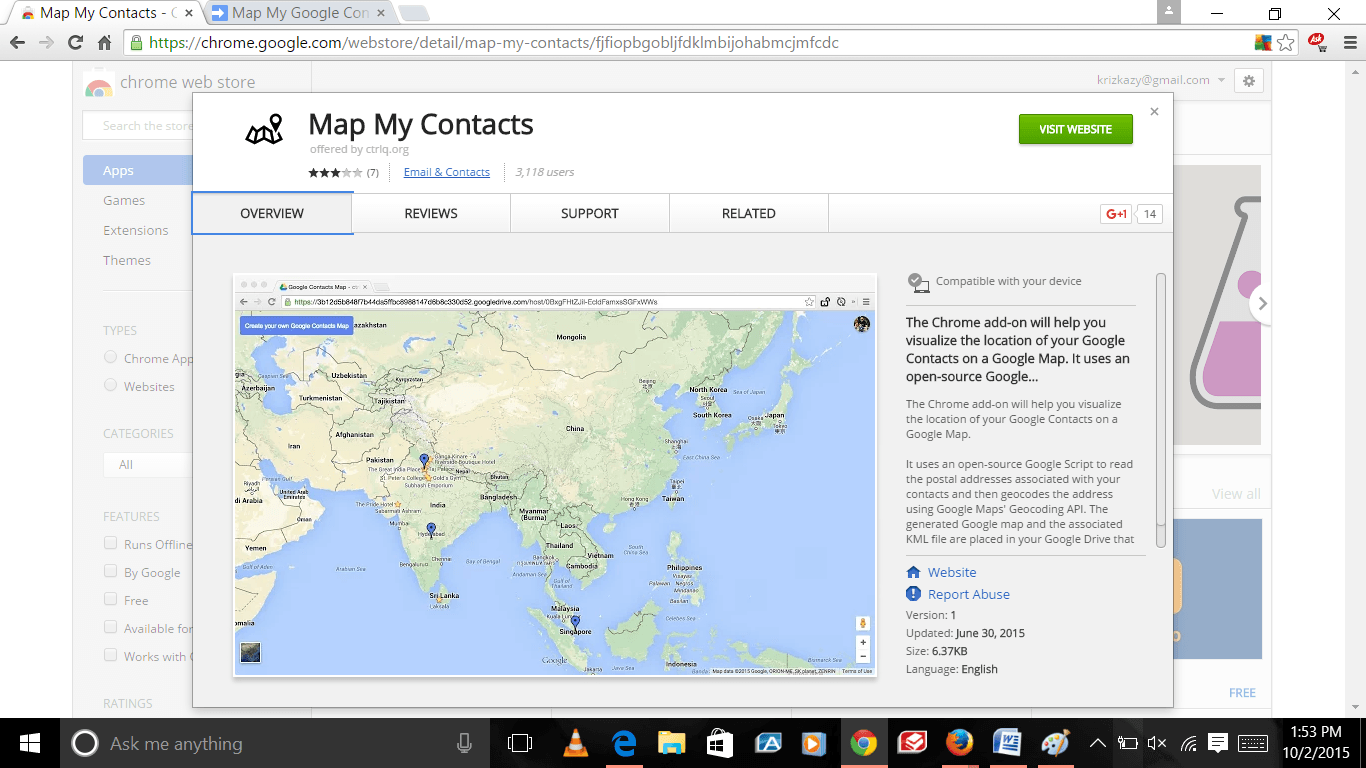Now, See Your Google Contacts on Google Maps
Do you want to know about the location of your family and friends?
An open source web app, called Map My Contacts, will definitely help you envision your Google contacts on a world map. This app read the addresses of people from your Google contacts and put them all on a Google map using a plain Google Script.
Now, Publish a Google map of Google contacts.

Image Source: www.protechghana.com
It takes one simple step to turn your address book into a Google Map.
First of all what you need to do is Open the Maps web application and authorize the application. Authorization is requisite because the script needs to read the home or work addresses of your Google Contacts for the purpose of geocoding. Map My contacts application also needs access to Google Drive (Google feature) for saving the corresponding longitude and latitude of the addresses in a Google Sheets.
The Map My Contacts script is open-source and the source is published under the MIT License. This application does not store or upload your data anywhere around.
Now, once you have approved authorization, the application will run for a few minutes, depending upon the size of address book and generate a Google Map embedded in an HTML file. A KML file is also created in your Google Drive with markers or place marks for every contact. You can double-click to open this file inside Google Earth.
If you are not using Google Contacts as your primary address book, you can still use the applications to map your contacts. Just export the data of contacts from your existing address book (eg. Email account) as a CSV file, import the file into the specified Google Sheets and run the application once again.
Internally, the Google Applications Script reads the home and work postal addresses of your Google Contacts and then uses the geocoding service of Google Maps to transform these human-readable addresses into latitude and longitude values. These points are then put in a KML file that can be viewed inside Google Earth or Google Maps.
Reference: labnol.org